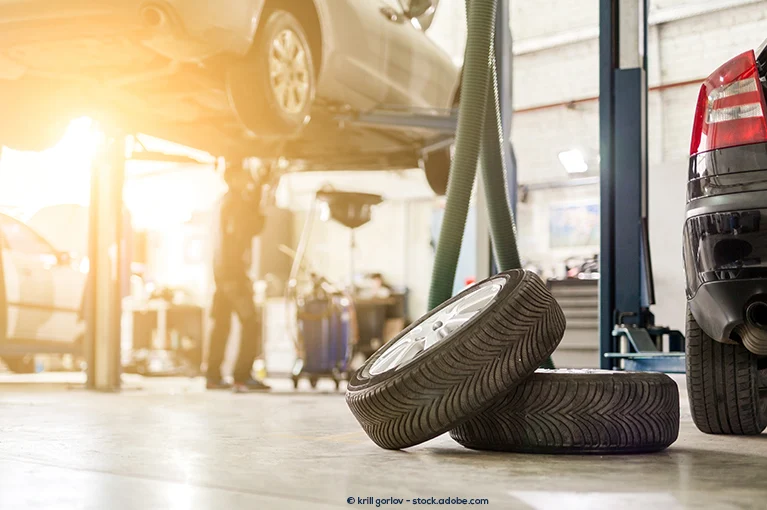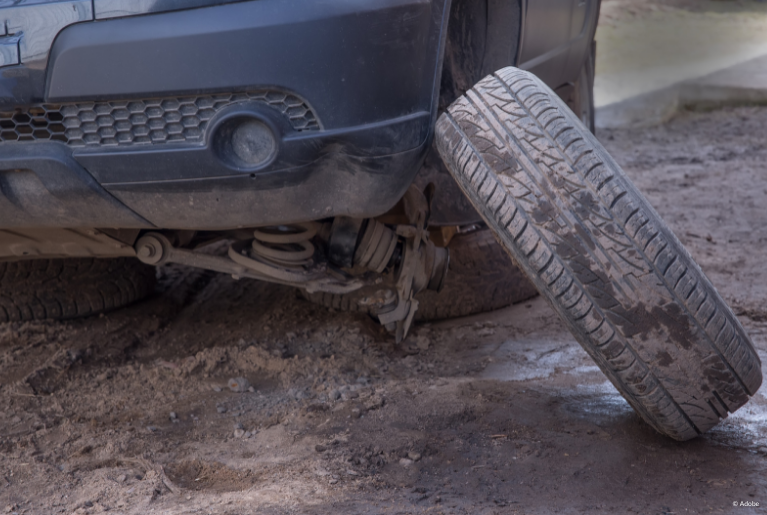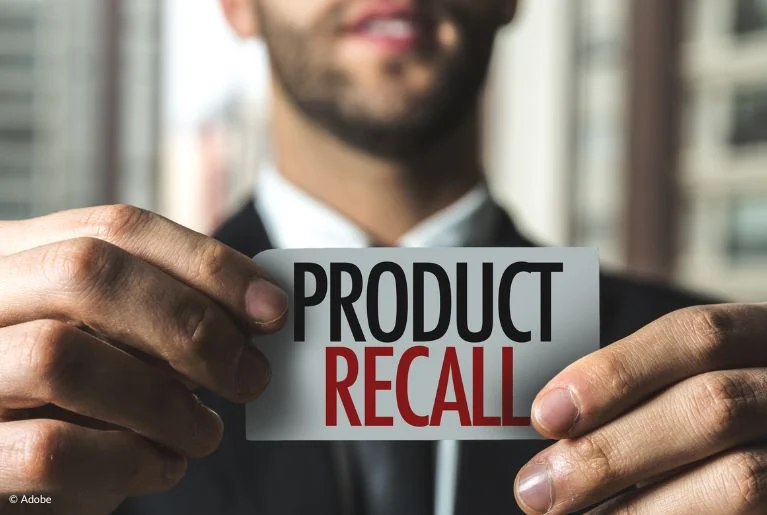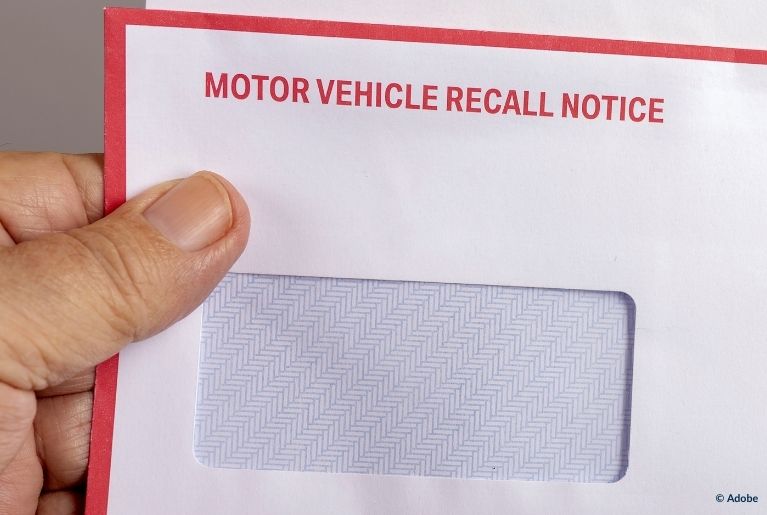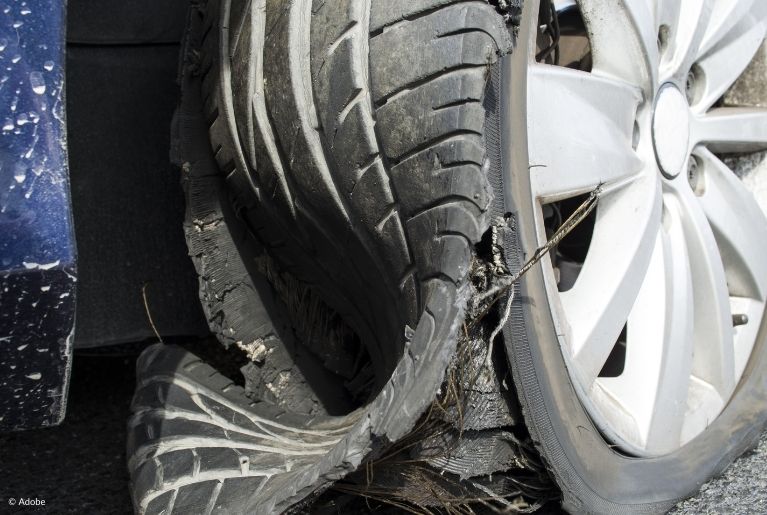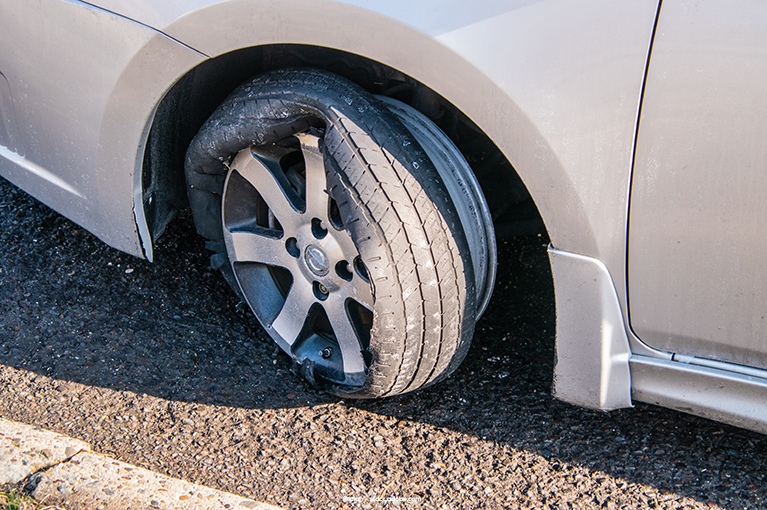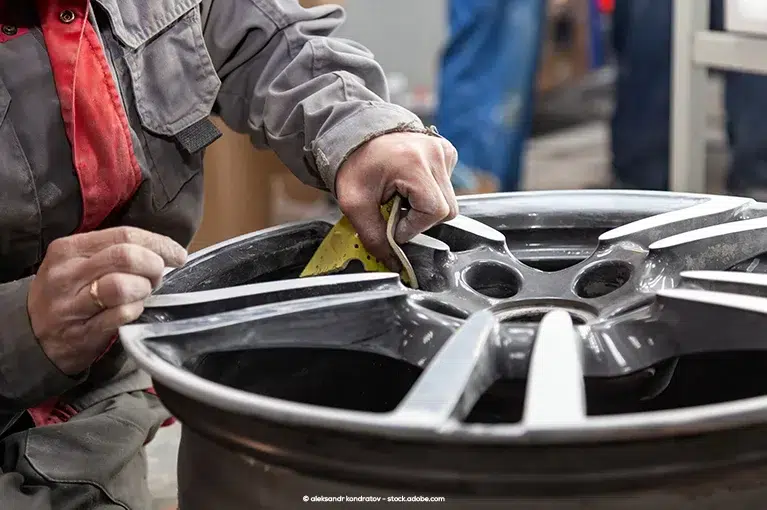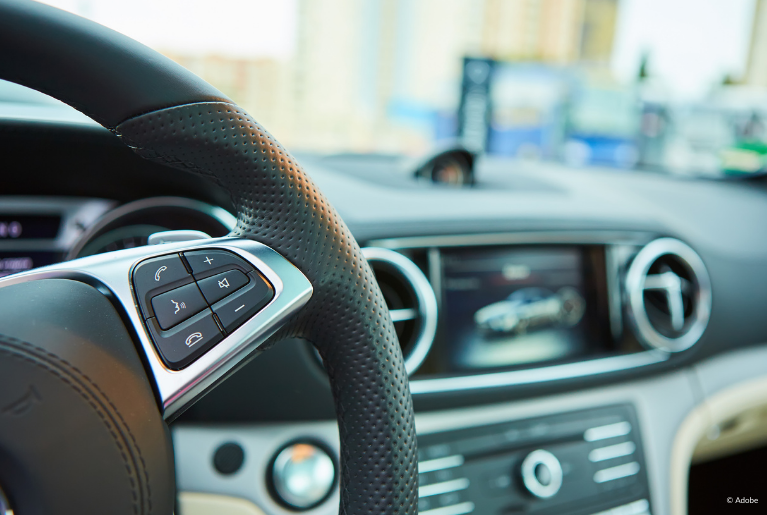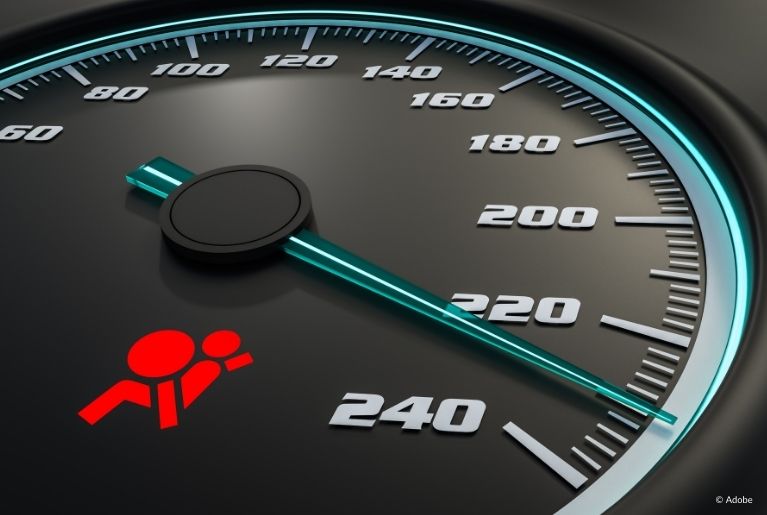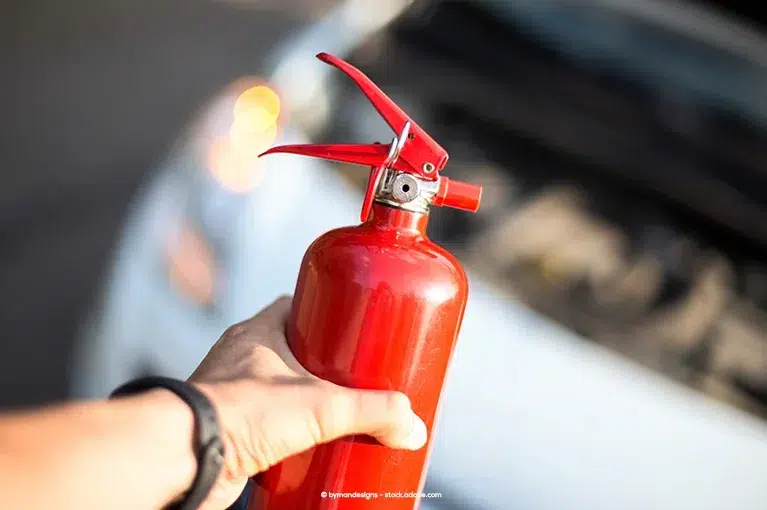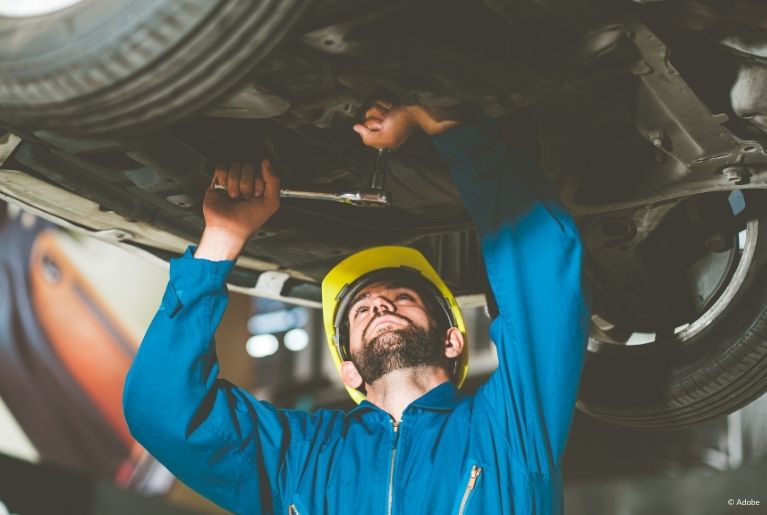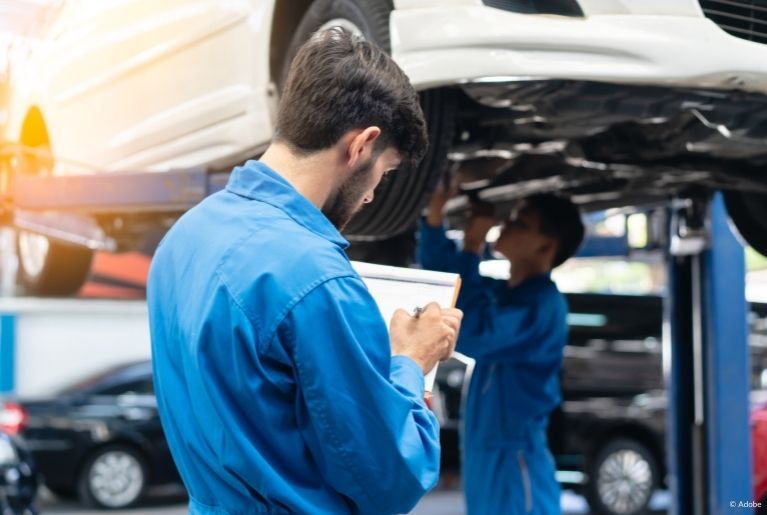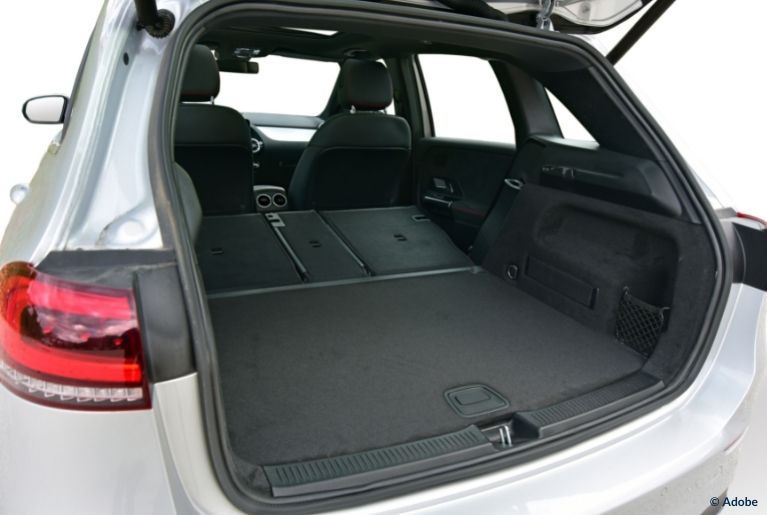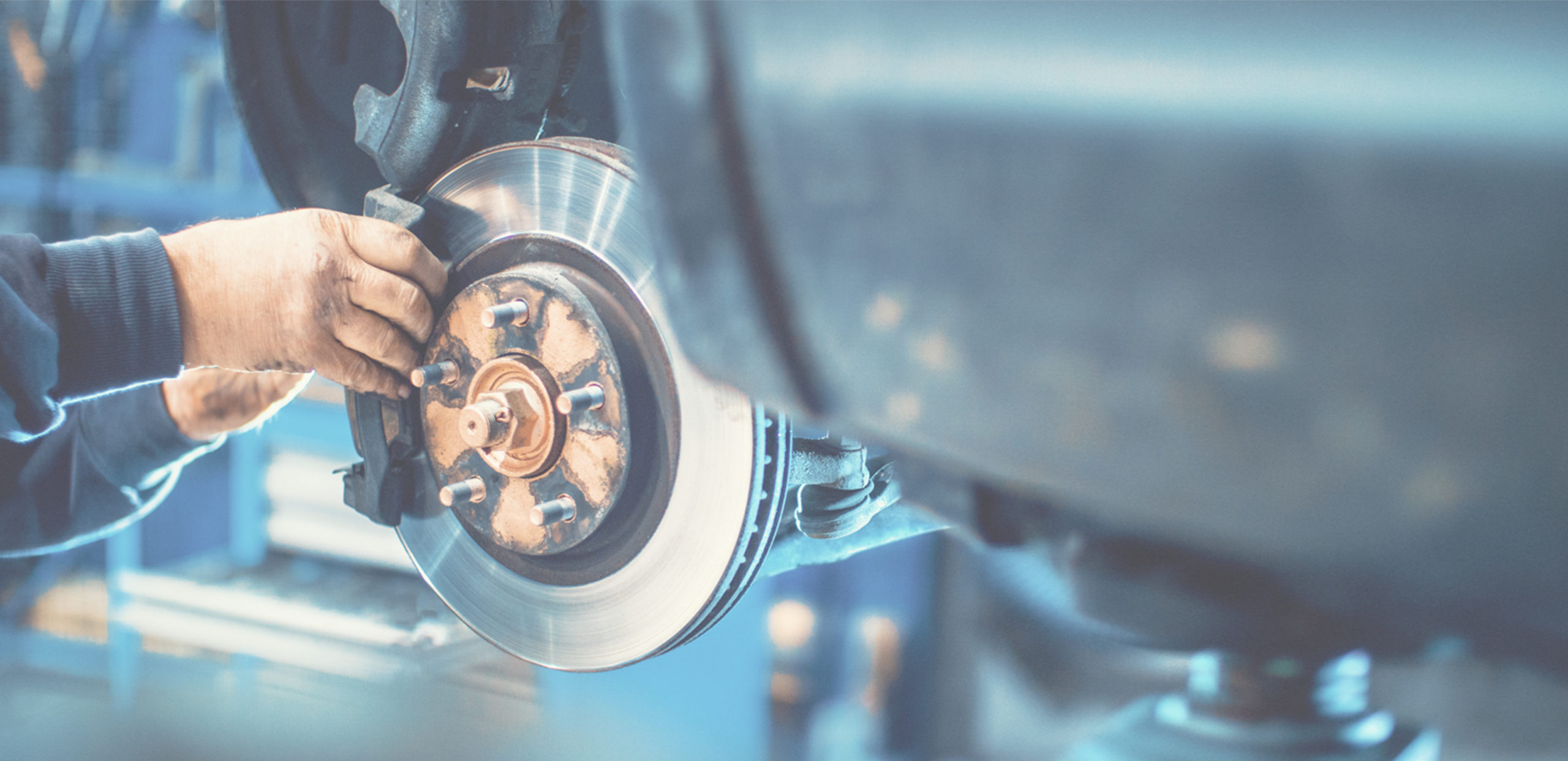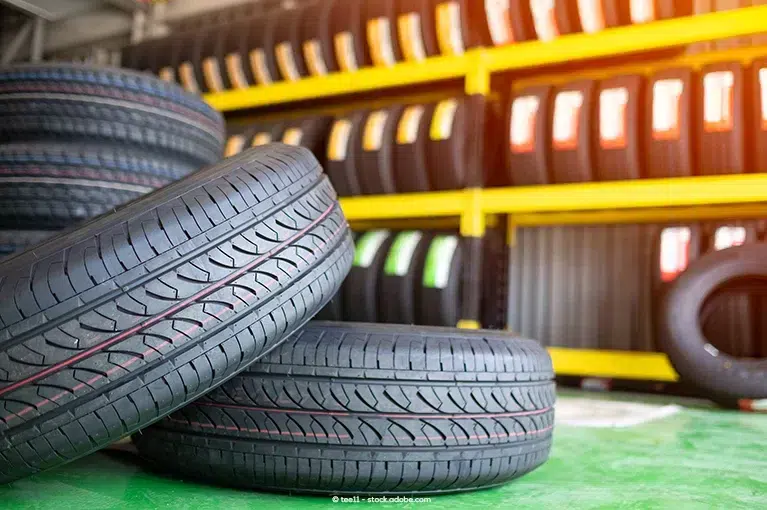 In 2017, 738 traffic fatalities in the United States related to tire failures, according to the National Highway Traffic Safety Administration.
In 2017, 738 traffic fatalities in the United States related to tire failures, according to the National Highway Traffic Safety Administration.
Many of these tire problems are entirely avoidable.
With proper maintenance, you can limit your chances of an accident happening because of tire problems.
Proper maintenance involves checking your tires’ pressure, tread, balance and alignment, and, of course, getting familiar with your owner’s manual.
Here are the top 10 tips that the NHTSA recommends to maintain your tires and to get the most out of your vehicle.
1. Check Your Tires’ Cold Pressure
Check your tires’ pressure when they’re “cold.” Tires are “cold” when the vehicle hasn’t been driven for at least three hours. If a tire’s pressure is too high, release air from the tire. If a tire’s pressure is too low, add air. Ideally, you should check the tire pressure every month.
2. Make Sure The Pressure is Even
While you’re checking your tires’ pressure, make sure that each tire has roughly equal pressure. There are a few exceptions to this rule, such as recommended pressures for front tires being different from recommended pressures for the rear.
3. Have a Tire Pressure Gauge on Hand
Keep a tire pressure gauge in your car. That way, if you suspect something is off about your tire pressure while driving, you can pull over and check your tires.
4. Check the Recommended Pressure
Check your owner’s manual for the recommended tire pressure for your vehicle’s tires. If it’s not in the manual, look for the Tire and Loading Information Label on the driver’s side door edge, either on the doorjamb or rear edge.
5. Check Your Tire Tread
Check your tires’ tread monthly. You can check your tread in one of two ways. The first is to compare the tread to “treadware indicators,” which are raised sections between the tread. The second is to stick a penny upside down between the treads. If the treadware indicators are level to the tread, or if you can see the top of Lincoln’s head, it’s time to change your tires.
6. Check Your Tires’ Balance and Alignment
Have your tires’ balance and alignment checked by a mechanic. Proper alignment ensures that your vehicle won’t veer to the left or right while you’re driving. Proper balance ensures that your vehicle won’t shake while in motion.
7. Get Your Tires Rotated
Get your tires rotated after every 5,000-8,000 miles, or on the schedule recommended by your owner’s manual. This ensures that your tires wear down evenly.
8. Look for Cuts and Abrasions
Check your tires for any cuts or abrasions from time to time, as these can affect your tire pressure. You do not want these things to result in a flat tire while you’re on the road.
9. Check for Rubber Breakdown
Check your tires annually for rubber breakdown. You don’t want your tires to crack. By checking for breakdown, you can avoid or prevent several tire problems.
10. Take Advantage of Warning Systems
Some vehicles, mostly 2008–present vehicle models, come with Tire Pressure Monitoring Systems that give drivers a warning if their tires’ pressure is significantly low. Don’t ignore these warnings. If your tire pressure is too low, fill up your tires so that they won’t suffer any damage.
If you suspect that your tires are faulty in spite of regular maintenance, you can check NHTSA’s website for recalls by brand and tire line. The results of your search will bring up recalls, investigations, complaints and manufacturer communications for the brand and tire line.
Source: National Highway Traffic Safety Administration
Lemon Law Help by Knight Law Group is an automotive lemon law firm that exclusively practices in California. If you are a California resident who purchased or leased a defective vehicle from a licensed dealership in California, we may be able to help you get rid of your potential lemon and recover significant cash compensation. Model year restrictions apply: 2017–Present vehicle models only.
However, we cannot help those who reside outside of California or purchased their vehicle outside of California unless they are active duty members of the Armed Forces, nor will we be able to refer those to a lemon law firm in their states.
To learn more about the California Lemon Law and your legal rights, visit our guides on the California Lemon Law and Used Car Lemon Law for more information.

